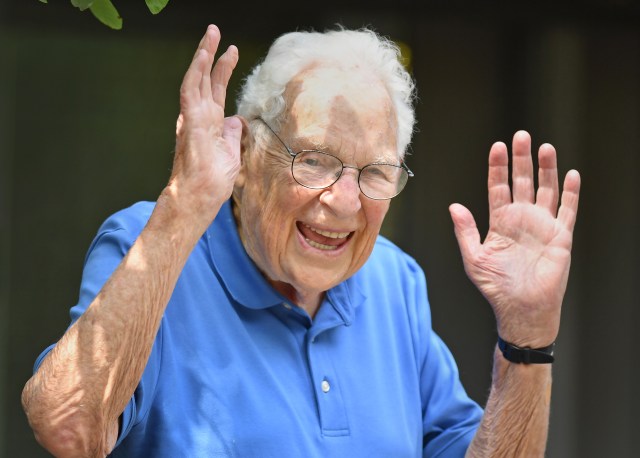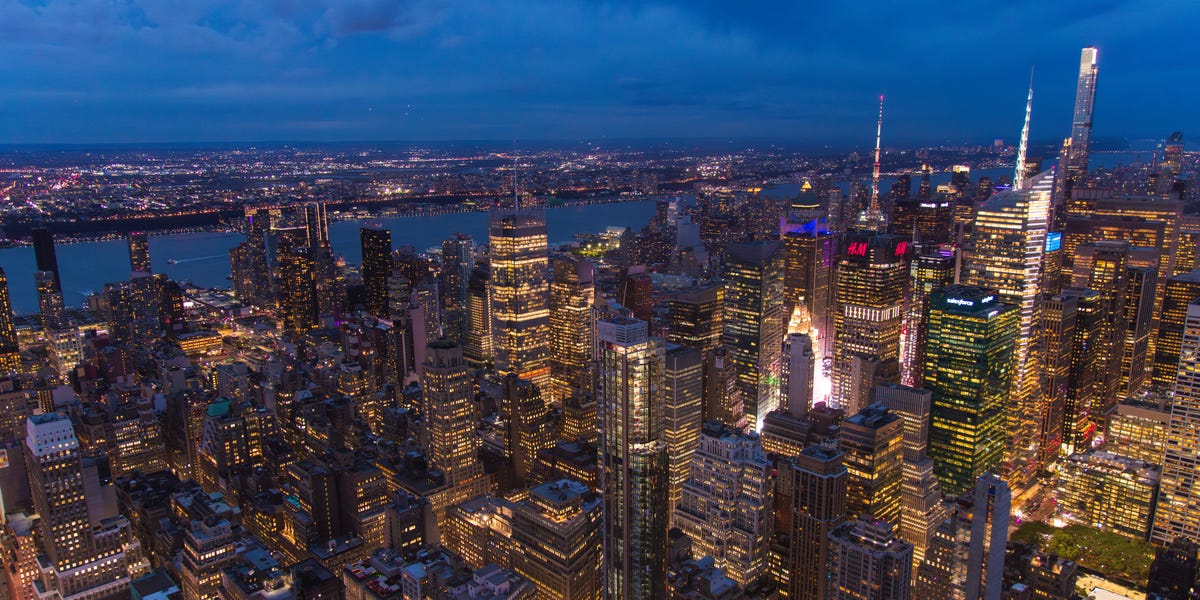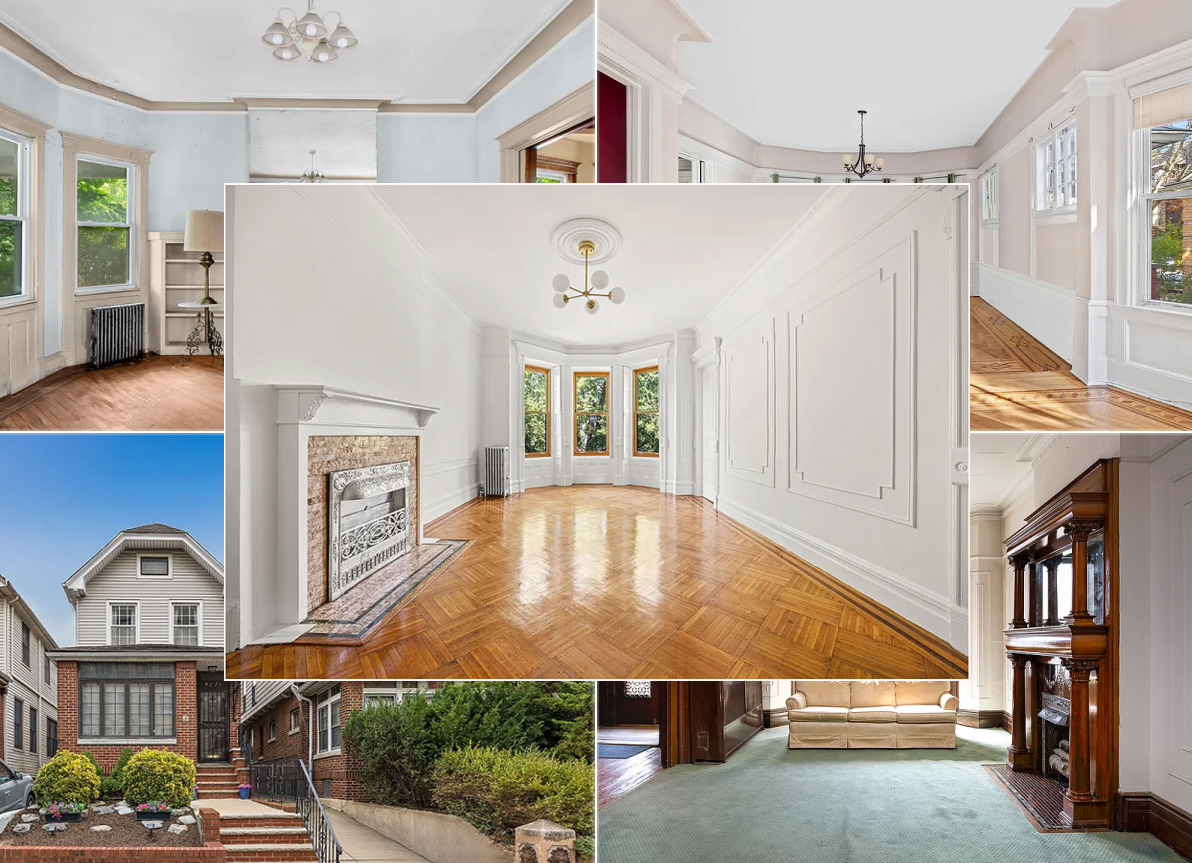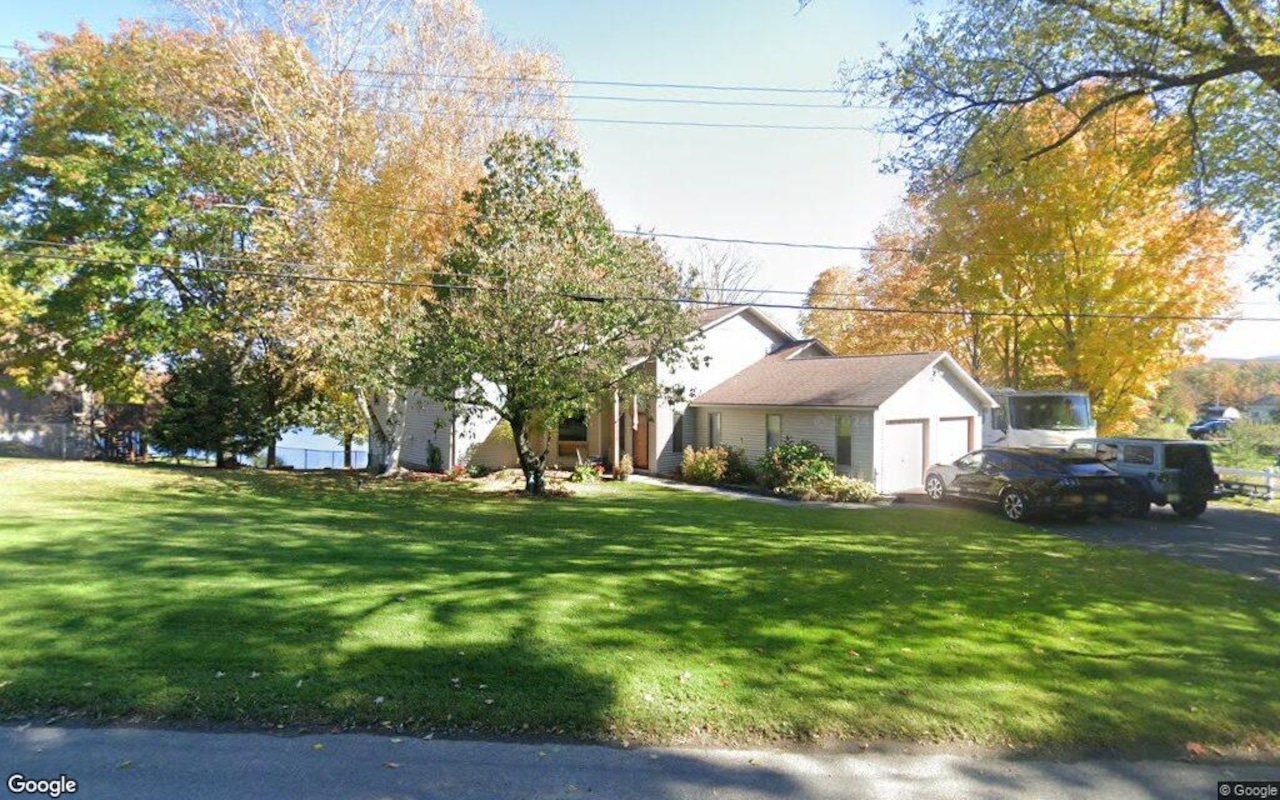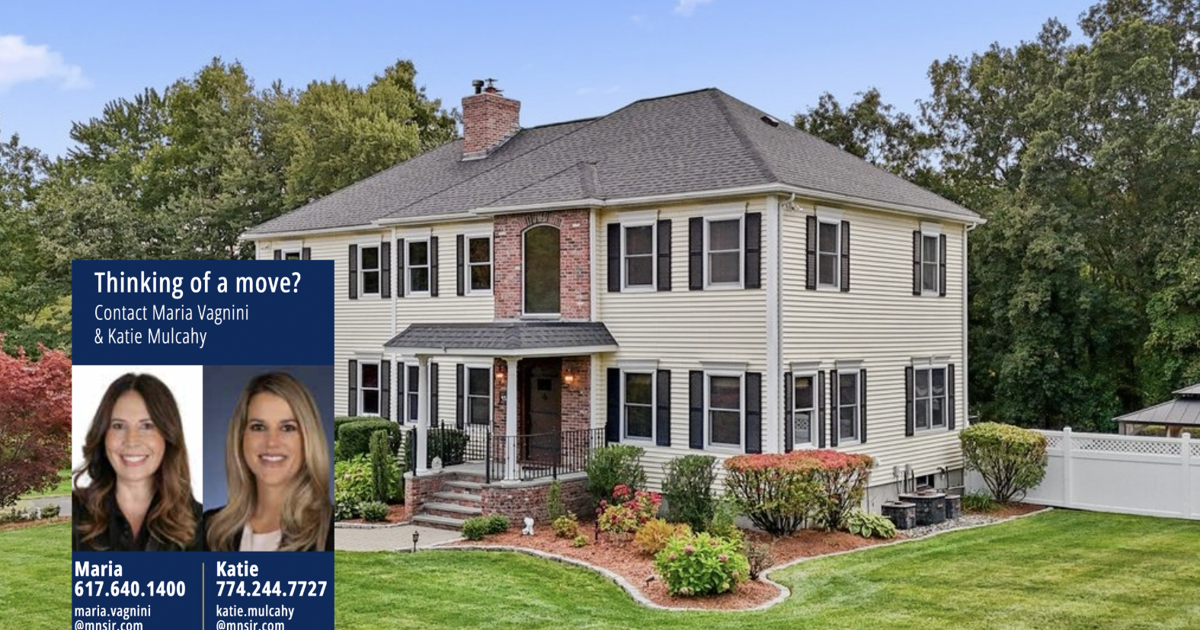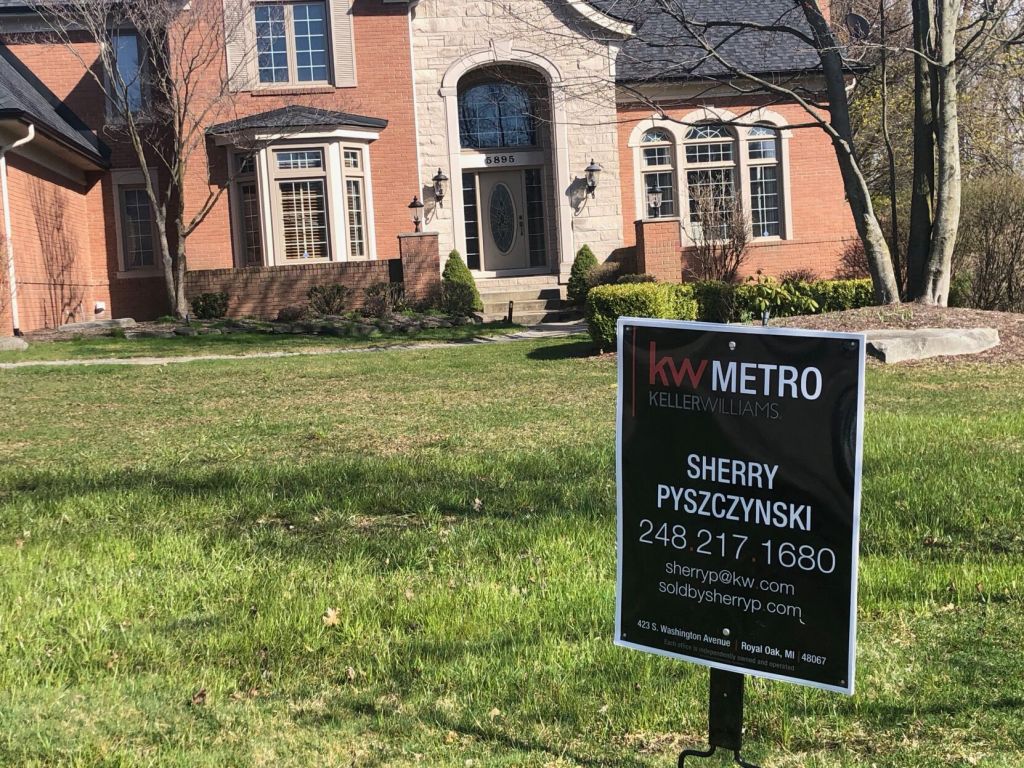I
n the uncharted territories of Chicago's real estate landscape, Daniel Levin forged a legacy that spanned five decades. As the founder and chairman of The Habitat Co., he boldly ventured into areas previously untouched by development, leaving an indelible mark on the city's edges. His pioneering spirit and keen eye for opportunity led to the creation of nearly 25,000 dwelling units across six states, catering to a diverse range of income levels.
Levin's impact extended far beyond his impressive portfolio. He was a mentor, a leader, and a role model who inspired countless individuals, including Valerie Jarrett, CEO of the Obama Foundation. "Dan was an extraordinary trailblazer," she said, "who dramatically improved the landscape of Chicago." Through his unique example, Levin taught others about leadership, community development, and the importance of giving back.
Born in Detroit to a family of modest means, Levin's early life laid the foundation for his future success. He attended Central High School and later earned degrees from the University of Chicago, where he developed a passion for urban renewal and community development. After working on an urban renewal project in Detroit, Levin moved to Chicago to join forces with Herb Greenwald, a pioneering developer who had collaborated with Ludwig Mies van der Rohe.
Following Greenwald's untimely death in 1959, Levin struck out on his own, tackling modest projects before partnering with contractor James McHugh. Together, they formed McHugh-Levin Associates and embarked on larger-scale urban renewal initiatives, including the South Commons complex and the Noble Square housing development. Their partnership flourished, yielding iconic projects like Newberry Plaza and Wheaton Center.
In 1971, Levin and McHugh co-founded The Habitat Co., which would become a driving force in Chicago's real estate landscape. One of their most ambitious ventures was the East Bank Club, a 406,000-square-foot sports complex built on a 3.26-acre site in River North. This bold bet on development paid off, providing a hub for recreation and community engagement.
Levin's crowning achievement was the Presidential Towers complex, a 2,346-unit residential development that transformed a former skid row area into a thriving neighborhood. Although it faced initial challenges due to lower-than-expected occupancy, the project ultimately stimulated growth in the West Loop. Levin's commitment to community development and his willingness to take calculated risks earned him respect from peers and critics alike.
Throughout his career, Levin navigated complex financial landscapes, often leveraging his connections to secure funding for projects like Presidential Towers. However, he consistently denied allegations of special treatment, attributing his success to a unique bipartisan effort involving local, state, and federal officials.
Levin's legacy extends beyond his impressive portfolio. He was a devoted philanthropist who supported causes close to his heart, including education and environmental conservation. His commitment to community development inspired others to follow in his footsteps, leaving an enduring impact on Chicago's landscape.
